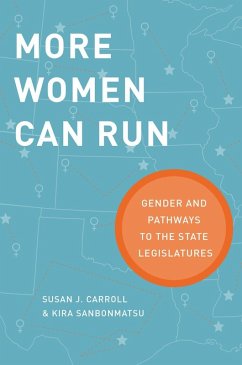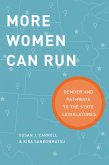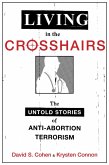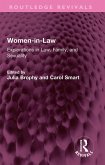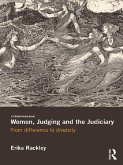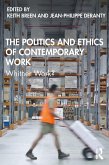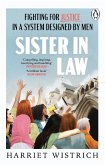Women remain dramatically underrepresented in elective office, including in entry-level political offices. While they enjoy the freedom to stand for office and therefore have an equal legal footing with men, this persistent gender imbalance raises pressing questions about democratic legitimacy, the inclusivity of American politics, and the quality of political representation. The reasons for women's underrepresentation remain the subject of much debate. One explanation--that the United States lacks sufficient openings for political newcomers--has become less compelling in recent years, as states that have adopted term limits have not seen the expected gains in women's office holding. Other accounts about candidate scarcity, gender inequalities in society, and the lingering effects of gendered socialization have some merit; however, these accounts still fail to explain the relatively low numbers. Drawing upon original surveys conducted in 1981 and 2008 by the Center for American Women and Politics (CAWP) of women state legislators across all fifty states, and follow-up interviews after the 2008 survey, the authors find that gender differences in pathways to the legislatures, first evident in 1981, have been surprisingly persistent over time. They find that, while the ambition framework better explains men's decisions to run for office, a relationally embedded model of candidate emergence better captures women's decision-making, with women's decisions more often influenced by the encouragement and support of parties, organizations, and family members. By rethinking the nature of women's representation, this study calls for a reorientation of academic research on women's election to office and provides insight into new strategies for political practitioners concerned about women's political equality.
Dieser Download kann aus rechtlichen Gründen nur mit Rechnungsadresse in A, B, BG, CY, CZ, D, DK, EW, E, FIN, F, GR, HR, H, IRL, I, LT, L, LR, M, NL, PL, P, R, S, SLO, SK ausgeliefert werden.

